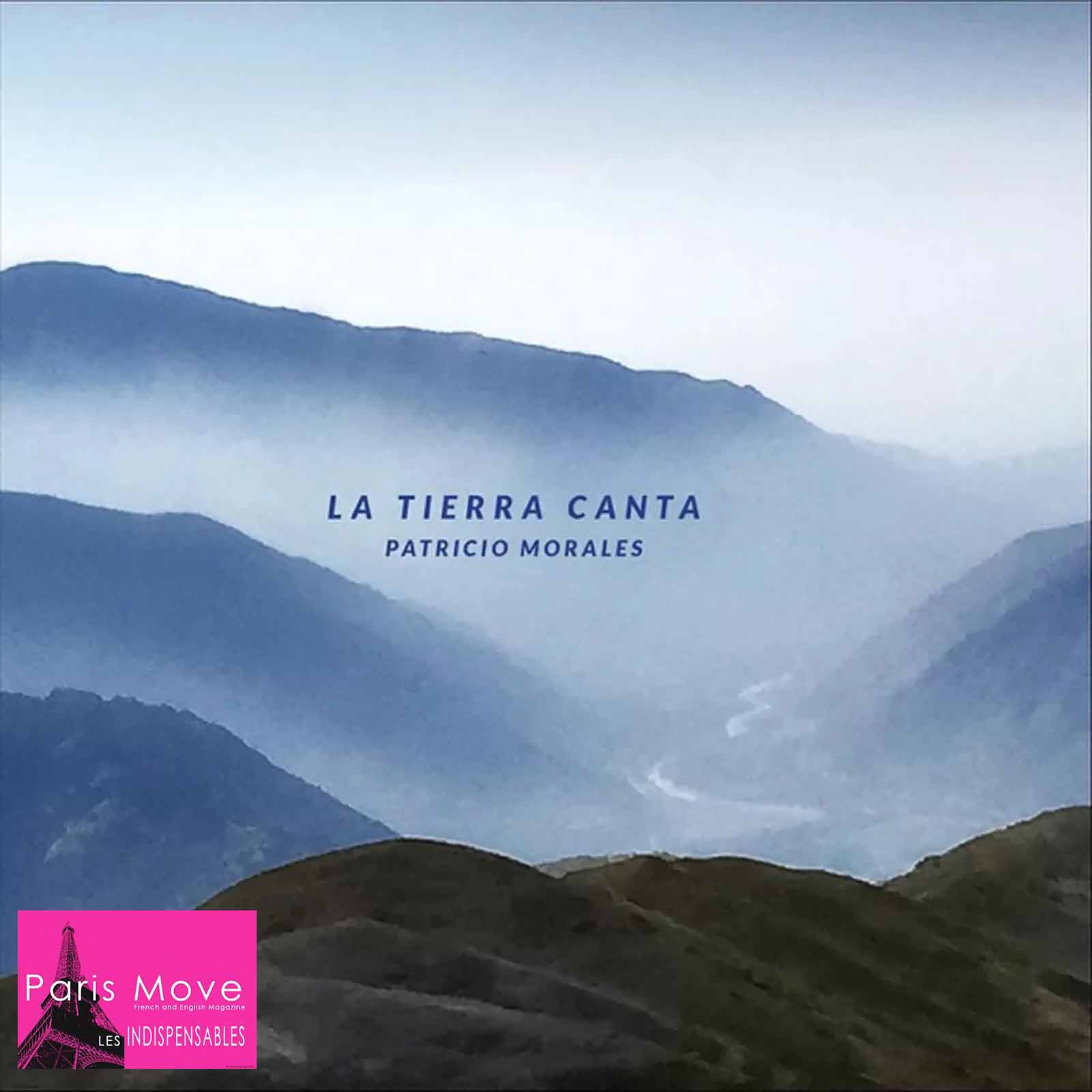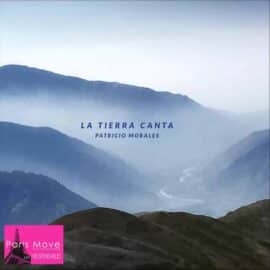| Latin Jazz |

There are artists who seem to vanish into silence, only to return with work that feels less like a continuation than a rediscovery. Patricio Morales is one of them. More than thirty years have passed since his last recording, a gap long enough to feel final, and yet his new album, La Tierra Canta, arrives not as a faint echo of a career revisited but as a statement both urgent and serene. Morales himself has an explanation: “You can’t force musical creation.” The remark is deceptively simple, but it reveals a deeper truth about the work at hand. Music here is not productivity, not routine, it is something closer to inevitability, surfacing when the time is right.
La Tierra Canta gathers nine of Morales’s earliest compositions, works he has long carried with him and now reimagines with the hindsight of decades. In lesser hands, such a retrospective might feel like excavation, a rummaging through old notebooks. Morales makes it feel like illumination. These pieces, carefully chosen, become meditations on family, memory, and identity, each one rendered as a lyrical vignette of his Chilean roots and his Latin American inheritance. The arrangements, crafted with musicians from Argentina, Colombia, Peru, Brazil, and Chile, expand that vision into something pan-continental, a reminder that the term “Latin music” is not a genre so much as a geography of rhythms, traditions, and voices.
What distinguishes Morales’s work is its quiet precision. His guitar lines glide with clarity and restraint, never hurried, never ornamental. He plays as though aware that beauty is not something to be imposed but uncovered, as if hidden within the grain of each note. The album’s tone is not one of spectacle but of intimacy, inviting listeners to follow the arc of a melody until it reveals its subtle shimmer. “After so many years of playing jazz, rock, classical,” he says, “I wanted something more exotic.” Exotic, in this case, is not a cliché of foreignness but a return to the familiar seen anew: the music of his own continent, refracted through distance and memory.
The title track, Tierra Canta, captures this sensibility at its clearest. Written early in Morales’s career, it feels fresh, buoyant, almost innocent in its optimism. Vitor Gonçalves’s accordion brings a delicate lift, transforming the piece into something both rustic and sophisticated, like sunlight filtered through leaves. “When I found the main melody,” Morales recalls, “I knew I was on the right track.” The sense of discovery is palpable, not only in this song but throughout the album.
Other moments lean toward the literary. Realismo Mágico, dedicated to Gabriel García Márquez, begins with a relaxed Latin pulse before drifting into a dreamlike improvisation, as if music itself were adopting the author’s prose style, where the ordinary dissolves into the fantastical. The track eventually settles into a tropical groove, closing with understated grace. The allusion is more than homage. Morales understands that García Márquez’s world, where myth and reality are entwined, is also a musical world. It is telling that the author’s character Francisco el Hombre, in One Hundred Years of Solitude, draws from both legend and his friendship with vallenato composer Rafael Escalona. Music and literature, in that sense, have always shared the same breath.
To listen to La Tierra Canta is to recognize that Morales is less interested in virtuosity than in atmosphere. There are no pyrotechnics here, no aggressive declarations of technique. Instead, the album works by accumulation, by gently layering texture and rhythm until the listener is carried along almost without realizing it. The record’s calm is not passive but persuasive: it insists, in its own quiet way, that serenity is not absence but presence.
This, perhaps, is what makes Morales’s return so striking. After decades of silence, one might expect a statement of arrival, a declaration of relevance. What he offers instead is something more elusive: a record that listens as much as it speaks, that respects the silence out of which it emerged. La Tierra Canta does not shout its existence. It hums, it breathes, it waits for you to lean in.
Thierry De Clemensat
Member at Jazz Journalists Association
USA correspondent for Paris-Move and ABS magazine
Editor in chief – Bayou Blue Radio, Bayou Blue News
PARIS-MOVE, September 28th 2025
Follow PARIS-MOVE on X
::::::::::::::::::::::::
MUSICIANS:
PATRICIO MORALES, Classical Guitar
VITOR GONCALVES, Piano, Accordion
SEBASTIAN DE URQUIZA, Upright Bass
RODRIGO RECABARREN, Drums and Percussion
ROGÉRIO BOCCATO, Brazilian Percussion
DANIEL ZAMALLOA, Mandolin
KAHIL NAYTON; Cavaquinho
PABLO MENARES, Upright Bass on Track 3
JUAN ANDRÉS OSPINA: Additional Arrangments on Tracks 1, 3, 8, 9.
Produced by GILLIAN EAMES and PATRICIO MORALES, NorthSouth Records
Recorded October 27 & 28, 2022, at STUDIO42BROOKLYN, NY.
Recording Engineer: ALESSIO ROMANO
Assistant Engineer: BRANDON UNPINGCO
Mixing Mastering: ALESSIO ROMANO
Graphic Design: J. NELSON
Cover photographs by CLAUDIA MORALES
All compositions and arrangements by PATRICIO MORALES.

